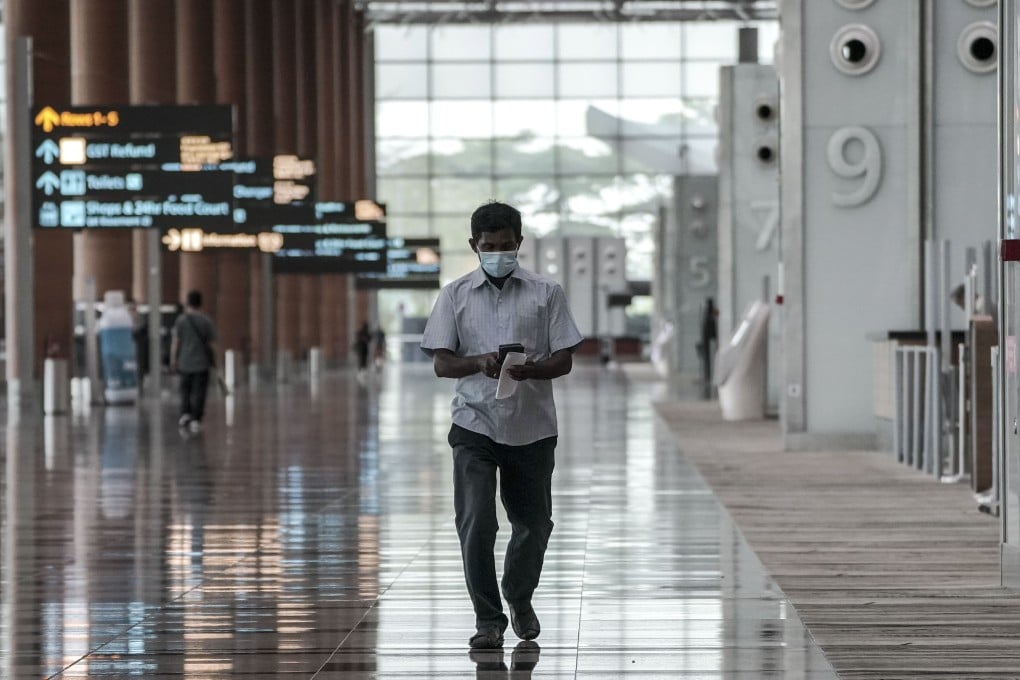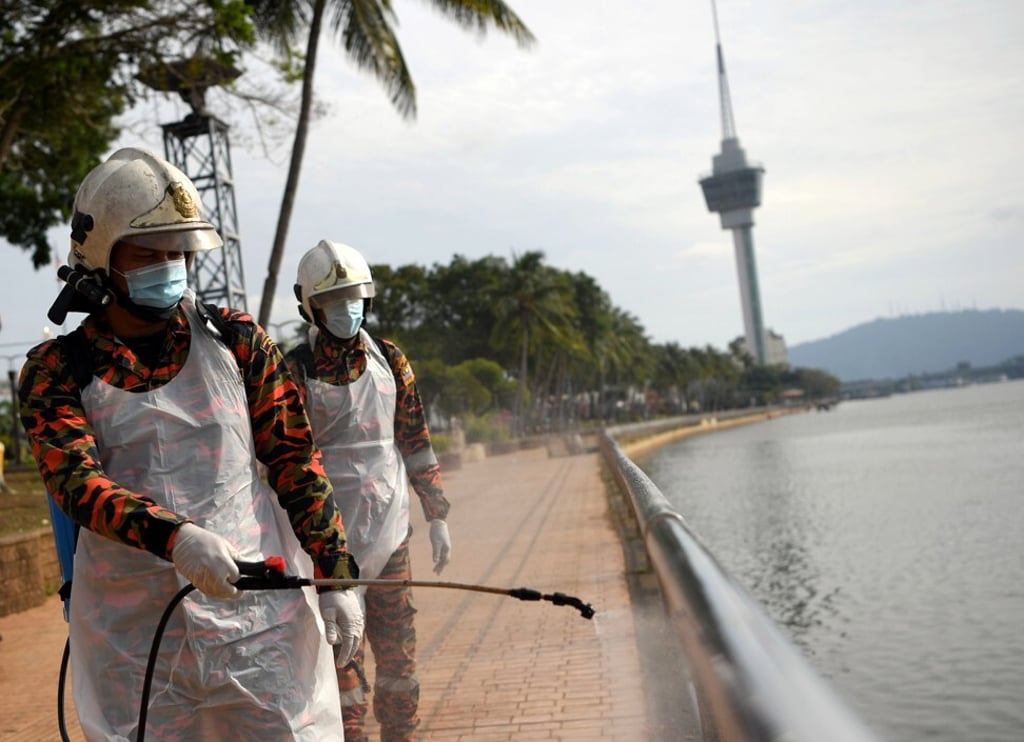Coronavirus latest: Singapore reduces isolation time for Hong Kong travellers while Malaysia tightens restrictions in capital
- Elsewhere in Asia-Pacific, Australia will reopen its borders to New Zealand visitors on Friday, and look to do the same with countries including Singapore, South Korea and Japan
- South Korea has dropped its distancing rules to the lowest level, while New Zealand is allowing the return of international postgraduate students

Travellers entering the city state who have recently been to Malaysia’s Sabah state will have to serve a 14-day stay-home notice at designated facilities starting October 14, authorities said, citing a surge in coronavirus cases there.
Those arriving from other parts of Malaysia will need to be isolated for seven days at their own residences but the Health Ministry added it was closely monitoring the situations in Kuala Lumpur, Selangor and Putrajaya.
“The risk of importation from travellers varies across countries and regions,” the Health Ministry said in a statement on Monday evening. “Hence, the task force continues to calibrate our border measures based on the latest developments in countries and regions as well as our assessed risk of importation and onward transmission in the community.”
Under the new rules, travellers from Indonesia and the Philippines will be required to present a negative Covid-19 test before being allowed to enter or transfer through the city state although this will not apply for Singaporeans and permanent residents.

By contrast, Malaysia announced sweeping new curbs around the capital and Sabah state as it confronts a new coronavirus surge.